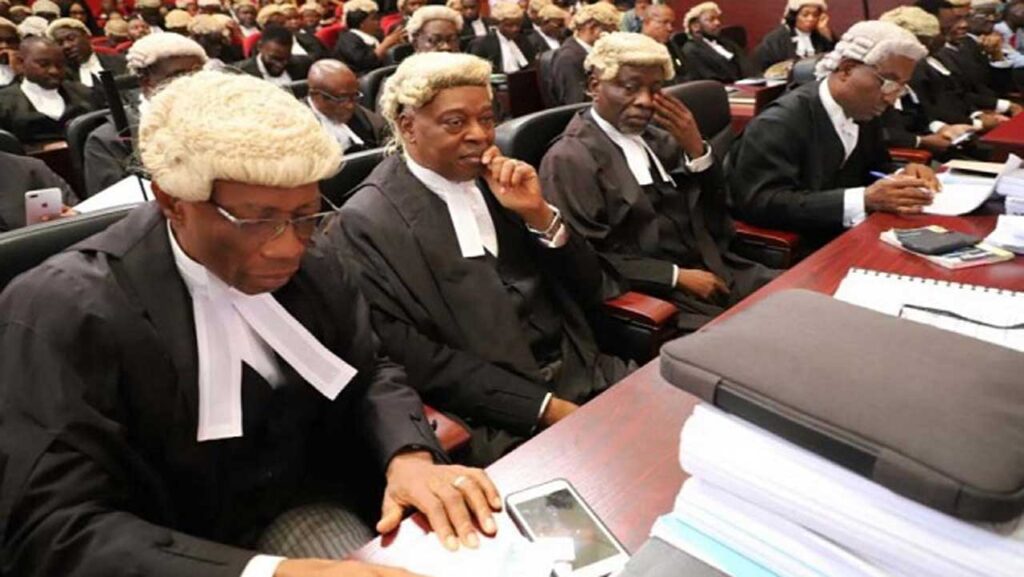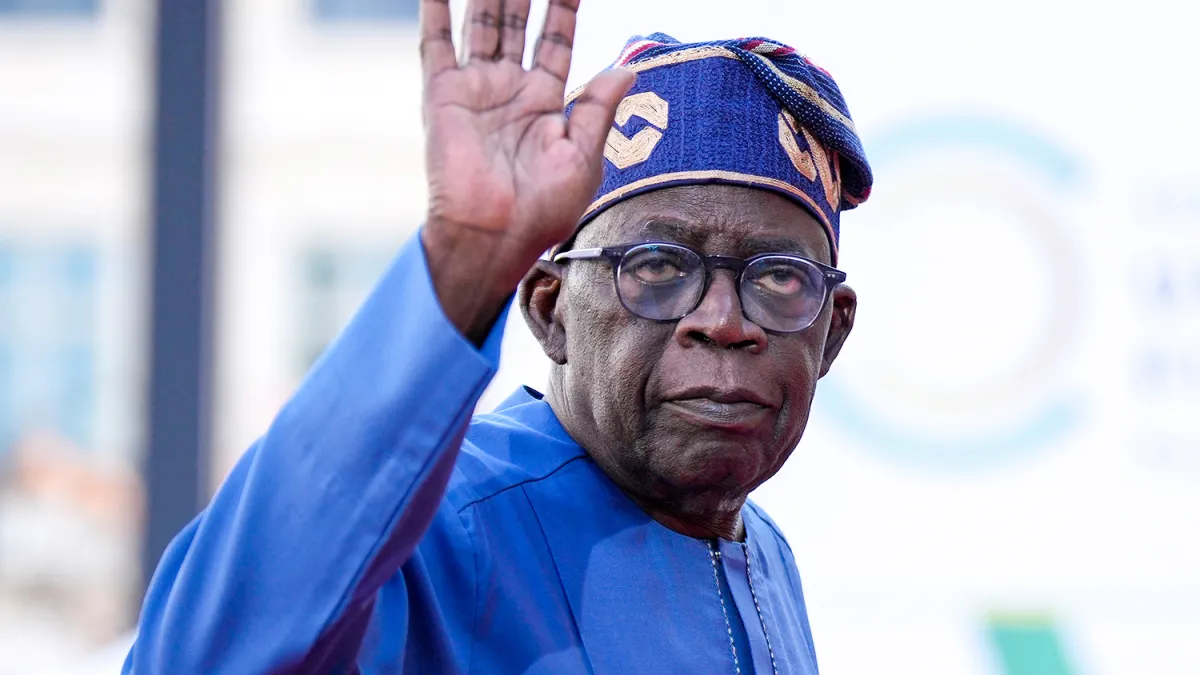The Nigerian presidential election tribunal has turned down the opposition’s attempt to dispute Bola Tinubu’s victory in the February election. This is a common trend in Nigeria, where no legal challenge to a presidential election result has ever succeeded. Nigeria, which shifted to democracy in 1999 after years of military rule, has a history of electoral fraud.

Atiku Abubakar from the People’s Democratic Party and Peter Obi from the Labour Party, who came in second and third place in the election, had requested the court to cancel the election, claiming there were problems with how it was conducted.
Judge Haruna Tsammani, who spoke on behalf of the tribunal’s five justices, went through Obi’s complaint in detail and dismissed it. He was also going to address Atiku’s complaint, which was anticipated to be rejected as well.

According to Tsammani, Obi’s complaint lacked merit, and there was no credible evidence to support his claims of irregularities.
European observers reported issues with the elections in June, including operational problems and a lack of transparency, which eroded public trust in the process. However, there hasn’t been a significant public outcry against the election results, and the international community recognizes Tinubu as Nigeria’s legitimate leader. While the tribunal was delivering its decision, Tinubu was in India getting ready to participate in the G20 summit.
Atiku and Obi have the option to appeal the tribunal’s decision to the country’s Supreme Court, but they must do so within 60 days from the tribunal’s judgment.
Despite the favorable ruling for Tinubu, it’s unlikely to generate significant excitement or support for the president, given the record-low voter turnout of 29% in the election.
In a country with over 200 million people, of which 87 million were registered to vote, Tinubu only received 8.79 million votes, the fewest for any president since Nigeria returned to democracy. This limited the overall goodwill towards him.

Tinubu inherited a struggling economy with high unemployment, the highest inflation rate in two decades, massive debt, rampant oil theft impacting government revenue, and widespread security challenges from his predecessor, Muhammadu Buhari.
He has introduced several reforms, including the removal of a popular but expensive petrol subsidy and currency controls. However, these changes have faced resistance from labor unions, who recently organized a two-day general strike and plan another one.
This information was written by MacDonald Dzirutwe and Estelle Shirbon, with editing by Alison Williams and Bill Berkrot.
SOURCE:REUTERS

